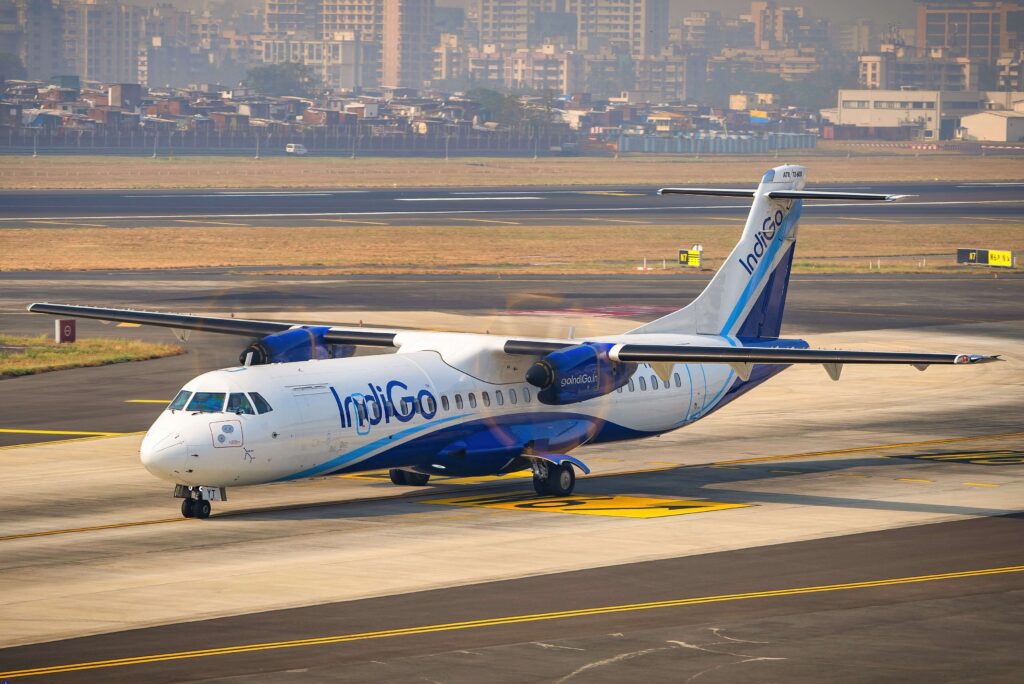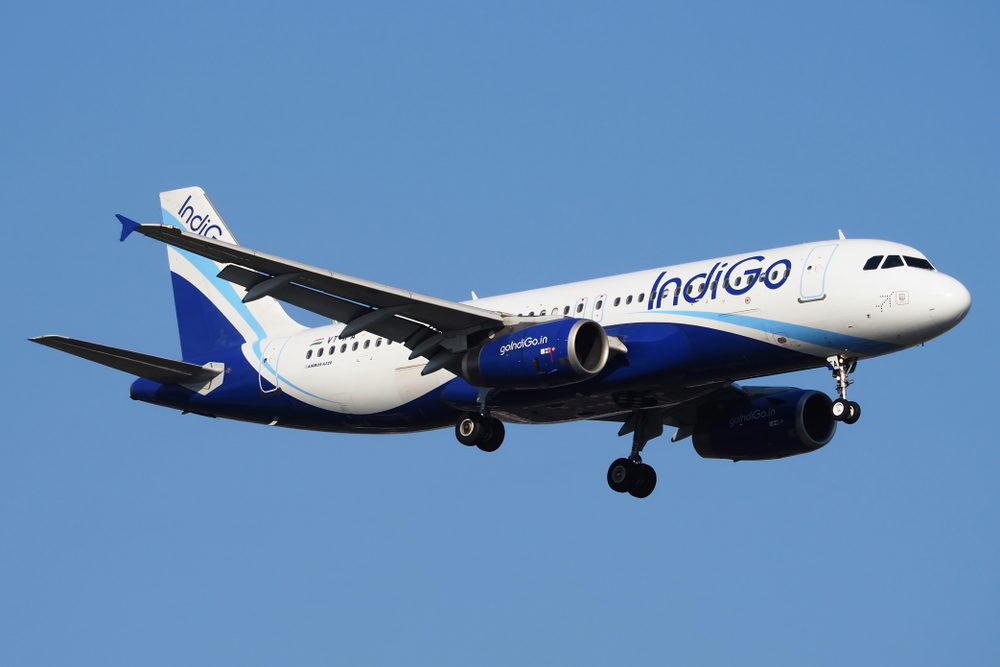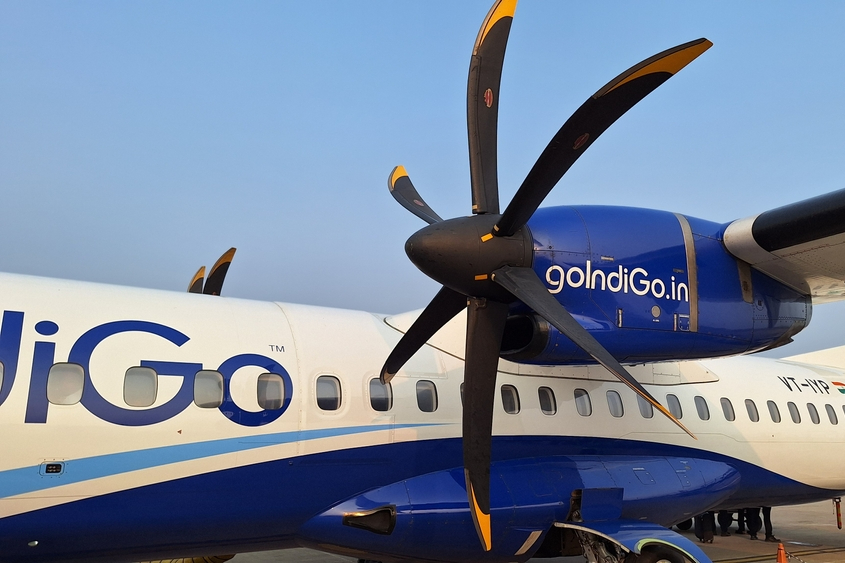Mumbai-based IndiGo is reported to have opened discussions with three leading aircraft manufacturers about a potential order for up to 100 regional aircraft. The strategic move would allow the carrier to enhance its domestic/regional network in India as the company also looks to expand its international long-haul services.
According to sources close to the discussions, IndiGo is looking at a range of aircraft types from the three manufacturers that would allow it to boost capacity on existing regional services while also allowing the carrier to open up new as yet unserved routes.
The source told the Economic Times of India that ATR appears to be the front-runner at this stage of the negotiations. IndiGo currently operates a fleet of 45 ATR72 aircraft which each seat 78 passengers. The airline is also set to add a further five of the type to its regional fleet in 2024 and is thought to favor a continuation of its relationship with the Franco-Italian manufacturer.
Sticking with the same type would offer IndiGo potential economies of scale over a switch to a different type such as the Airbus A220 or the Embraer E175.

ATR has projected that India will emerge as its largest regional aircraft market by 2035, driven by the huge expansion of regional air connectivity.
“People are seeking greater convenience and faster modes of transportation,” remarked Jean-Pierre Clercin, ATR’s Asia-Pacific commercial head, during a press briefing in February 2024. “While other modes of transportation are expanding, they are not keeping pace with the growing demand. Consequently, regional aviation is poised to play a significant role,” he added.
IndiGo, India’s largest airline by passenger numbers and fleet size, commands 60% of India’s domestic air traffic and is keen to serve more regional towns with smaller populations where the demand for air travel is poised to increase. IndiGo’s desire to boost its regional operations is also being fuelled by the Indian Government’s pledge to provide additional investment into the country’s regional air links and airport infrastructure, taking the total number of airports from 148 to 200 by 2028.
IndiGo originally placed an initial order for 50 ATR72 planes back in 2017 in a move that signaled the carrier’s entry into the regional aviation market, which had previously been dominated by SpiceJet with Bombardier Q400 turboprops.
Since then, IndiGo has progressively expanded its regional operations and now serves approximately 60 destinations with its ATR72s. Recent additions to its network include Gondia, Lakshadweep, Jagdalpur, Jharsuguda, and Dharamshala.
According to an IndiGo executive speaking to the Economic Times, the ATR72s have facilitated network development by enabling cost-efficient operations to new destinations that may not generate enough demand to fill one of the airline’s larger 180-seat Airbus A320s.

“Once IndiGo establishes reliable connectivity, the market size expands, allowing the airline to introduce larger A320 or A321 jets later on,” the executive explained.
In addition to the ATRs, IndiGo’s fleet comprises 325 Airbus A320s and A321s. The airline also operates two Boeing 777s which are operated on short-term lease contracts from its codeshare partner, Turkish Airlines. On April 25, 2024, the carrier also announced an order for 30 Airbus A350-900 aircraft in a move that marks a significant upscaling in the airline’s international long-haul ambitions.


